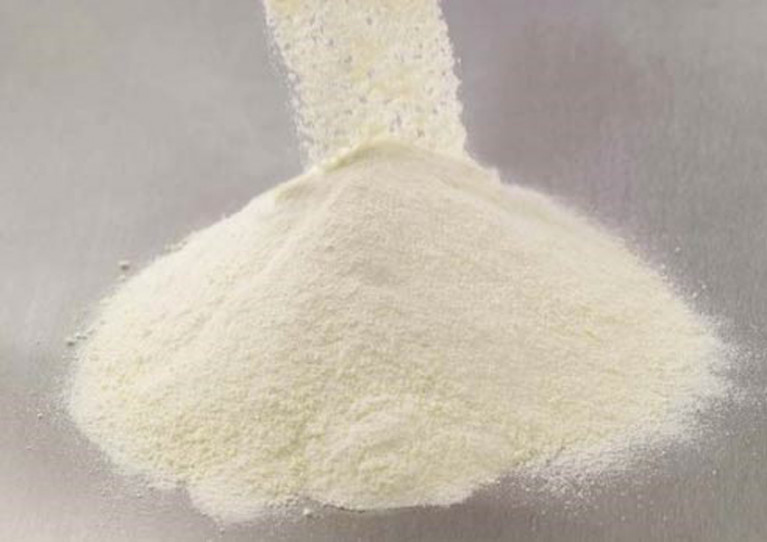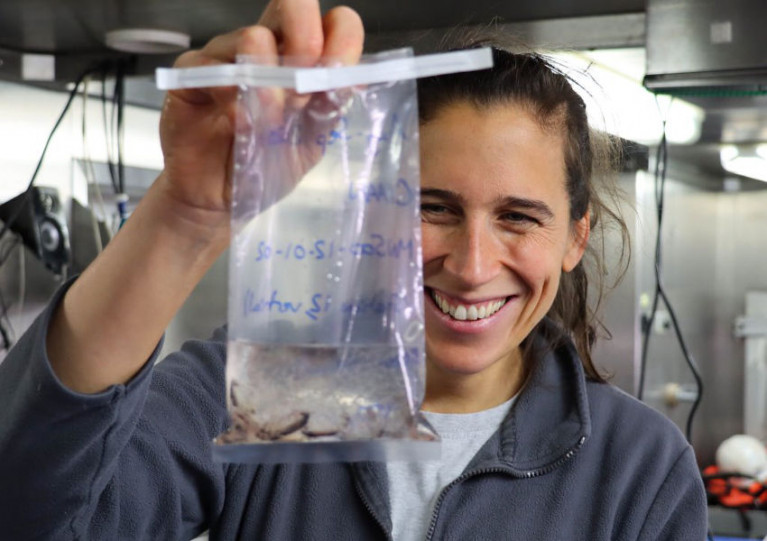
Irish-Led Marine Science Mission Studies Past Climate Change To Predict The Future
16th September 2020 Marine Science
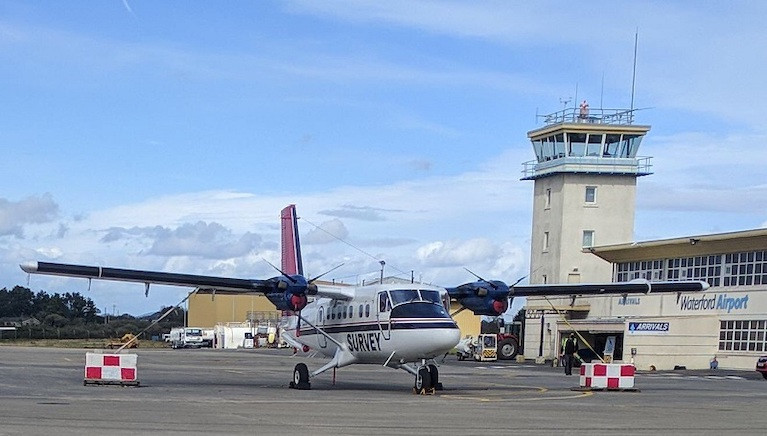
75 per cent of Ireland's Land Territory Will Be Mapped this Year, GSI Says
7th September 2020 Marine Science
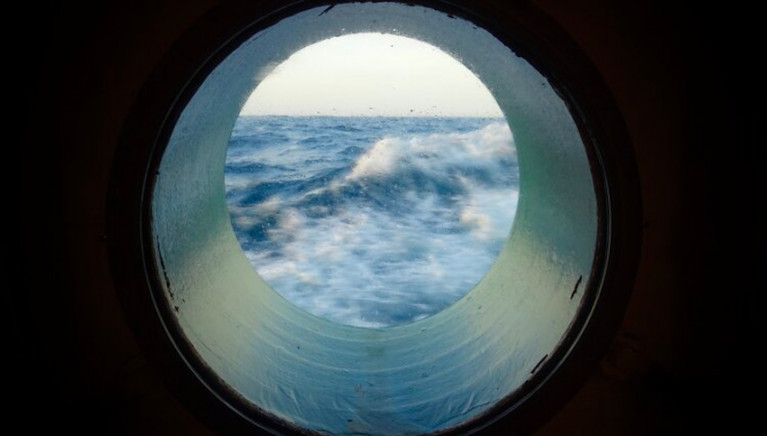
Connect With The Ocean Wilderness Via Art Project ‘Aerial/Sparks’ On Inis Oírr & Online
30th August 2020 Marine Science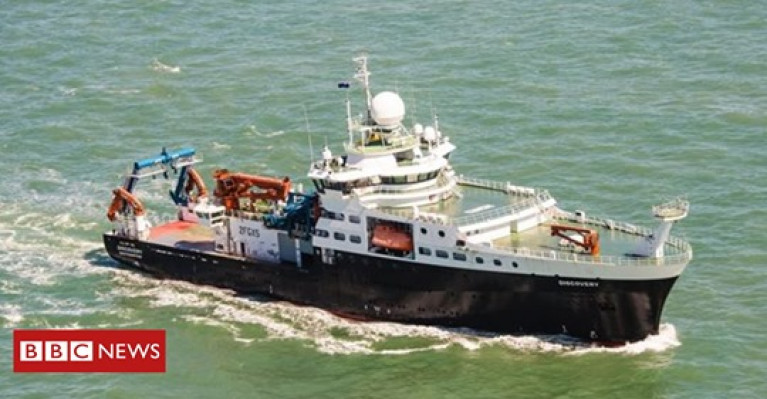
Our Seas: Human-Induced Change Could Affect as Much as Half of World’s Oceans
19th August 2020 Marine Science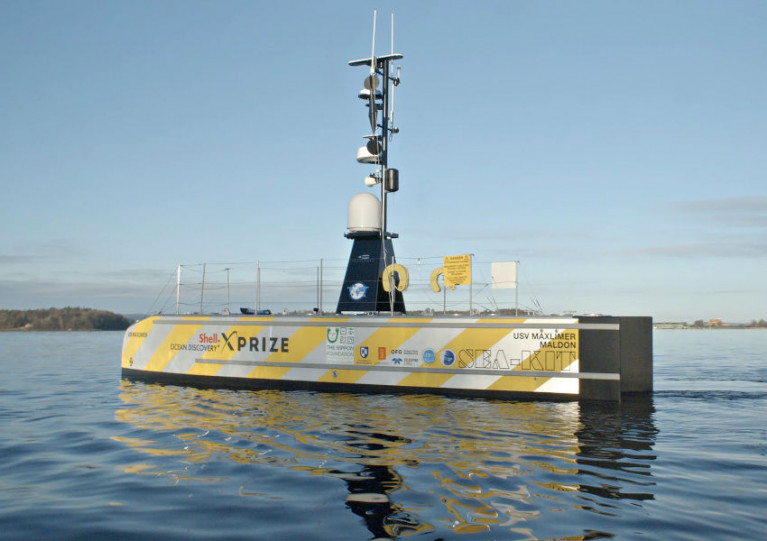
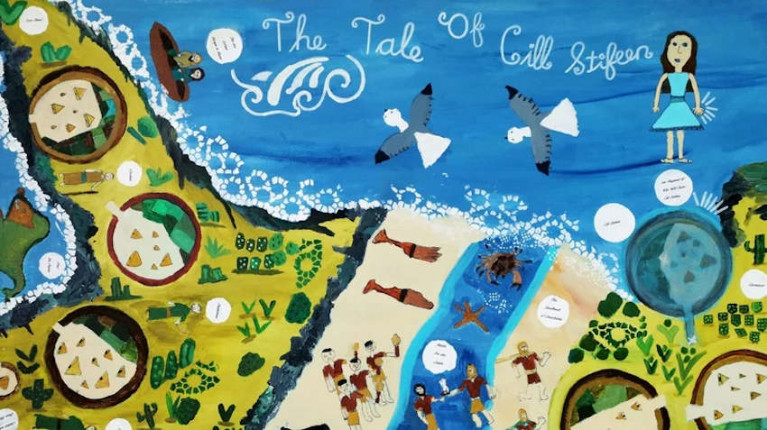
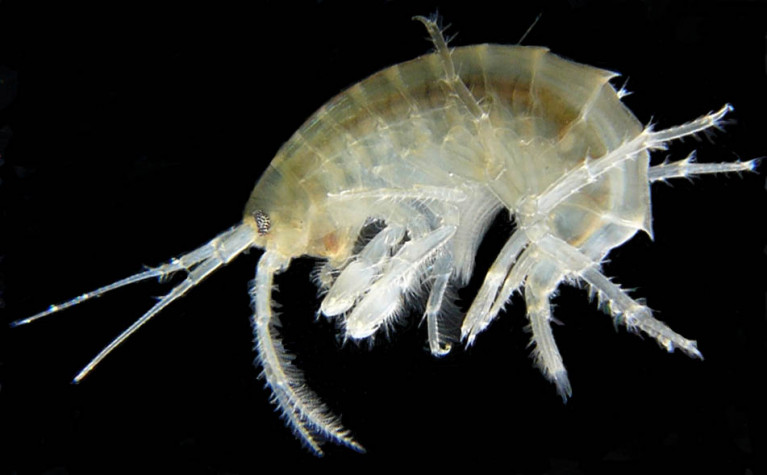
Small Freshwater Crustaceans Rapidly Munching Microplastics, UCC Research Finds
30th July 2020 Marine Science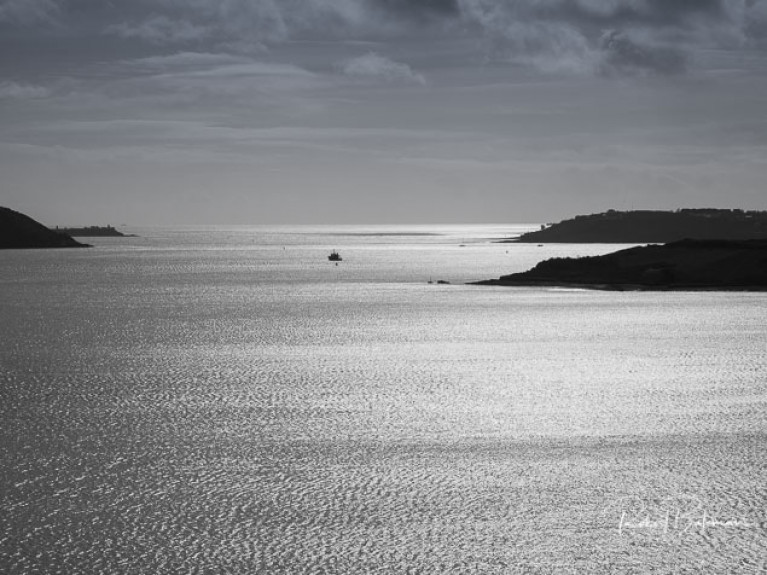
Ireland is Europe's Island in the "Goldilocks" Zone for Rich Marine Resources
29th July 2020 Marine Science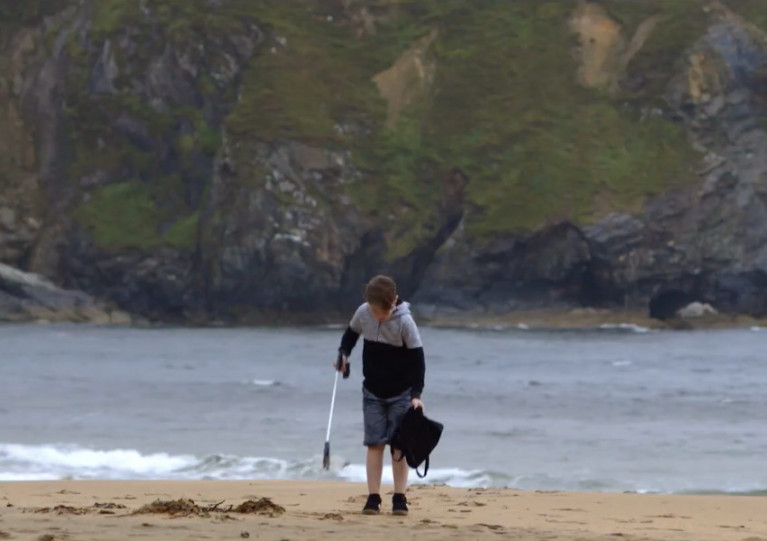
Marine Institute Encourages Us To ‘Sea’ The Future Together In New Short Film
29th July 2020 Marine Science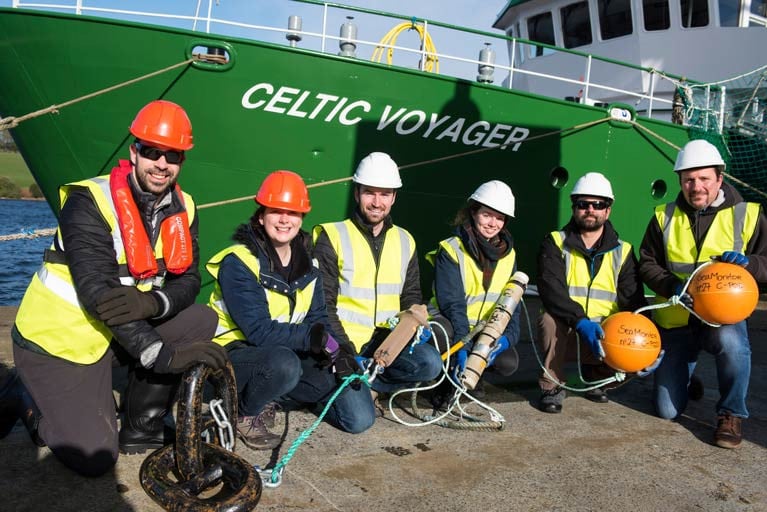

‘Ice Age’ Kelp Off Ireland Could Be Key To Learning How Marine Plants Survive Climate Change
29th July 2020 Marine Science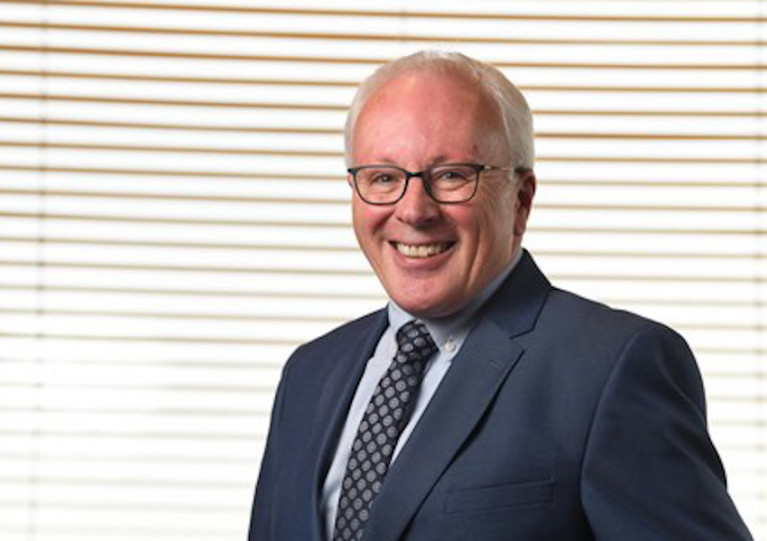
Collaboration Is Key To Ensuring Sustainable Future For Our Shared Ocean
23rd July 2020 Marine Science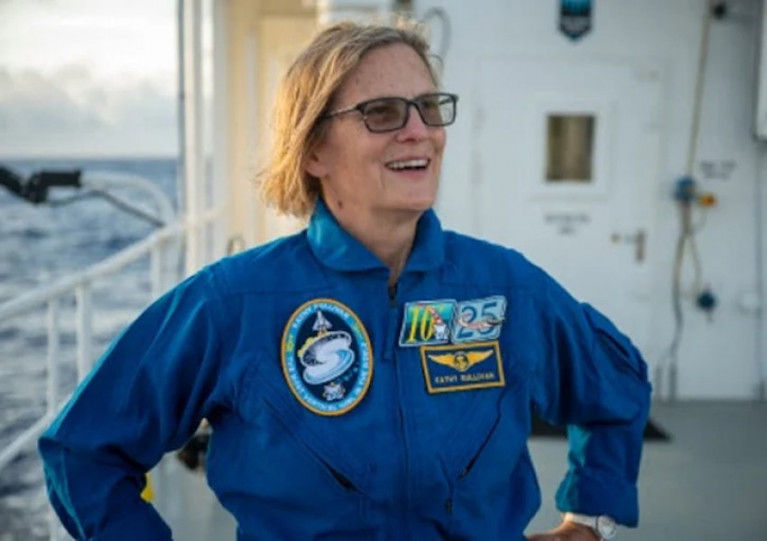
Don’t Miss History-Making Kathy Sullivan Talk ‘Extraordinary Exploration’ From Space To Sea Floor In Exclusive Irish Interview
22nd July 2020 Marine Science